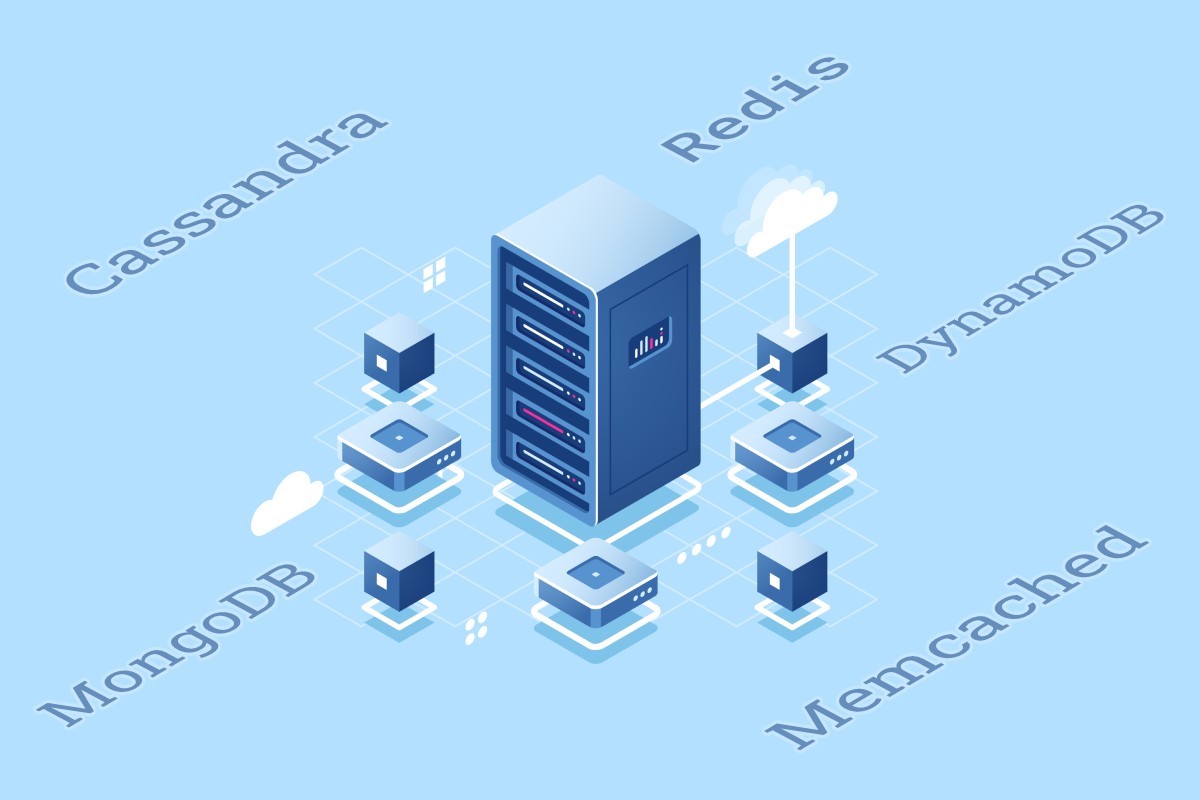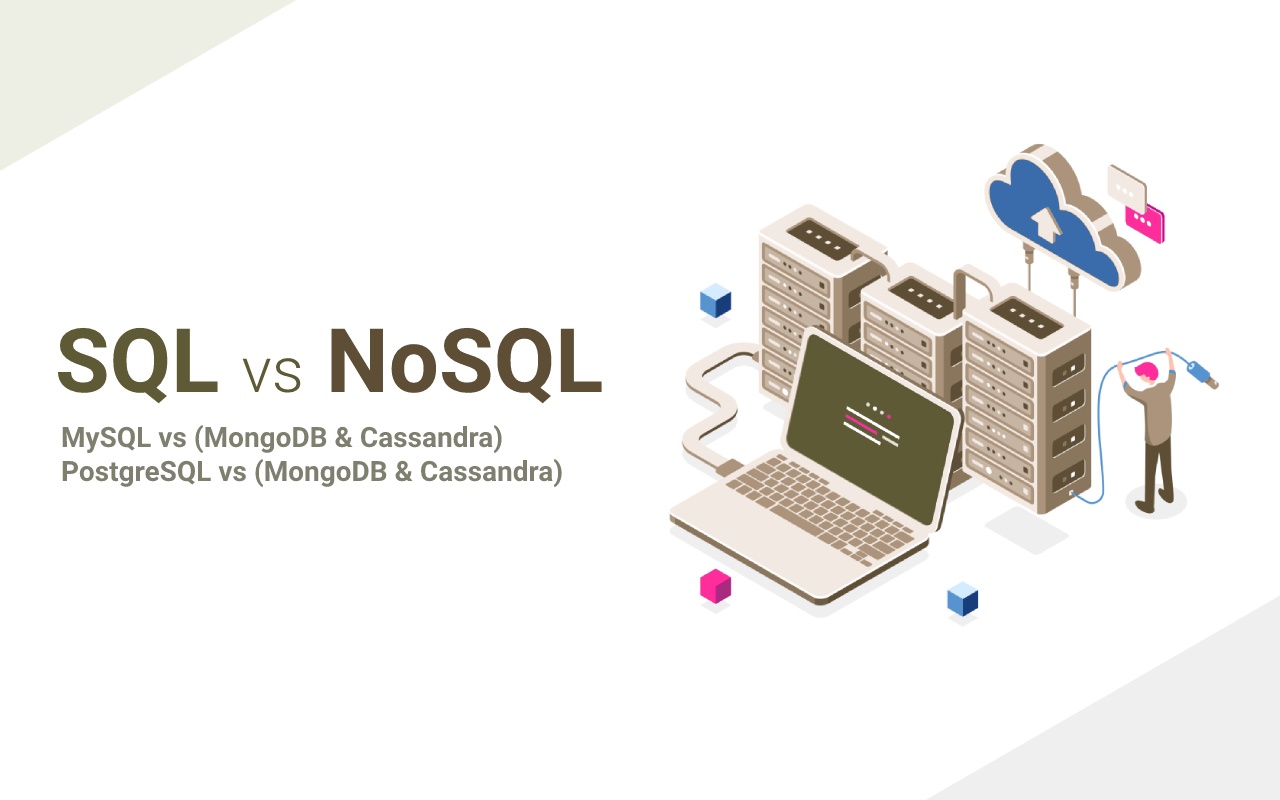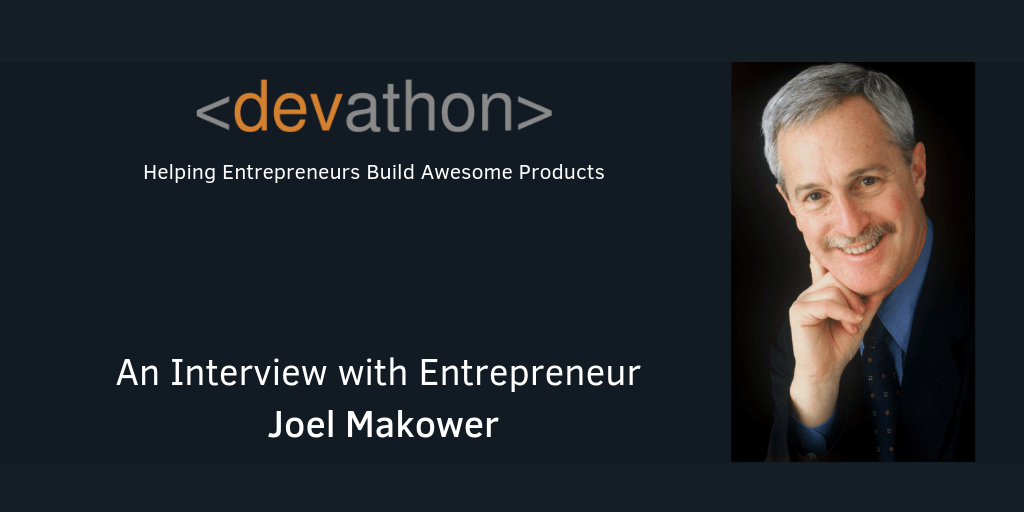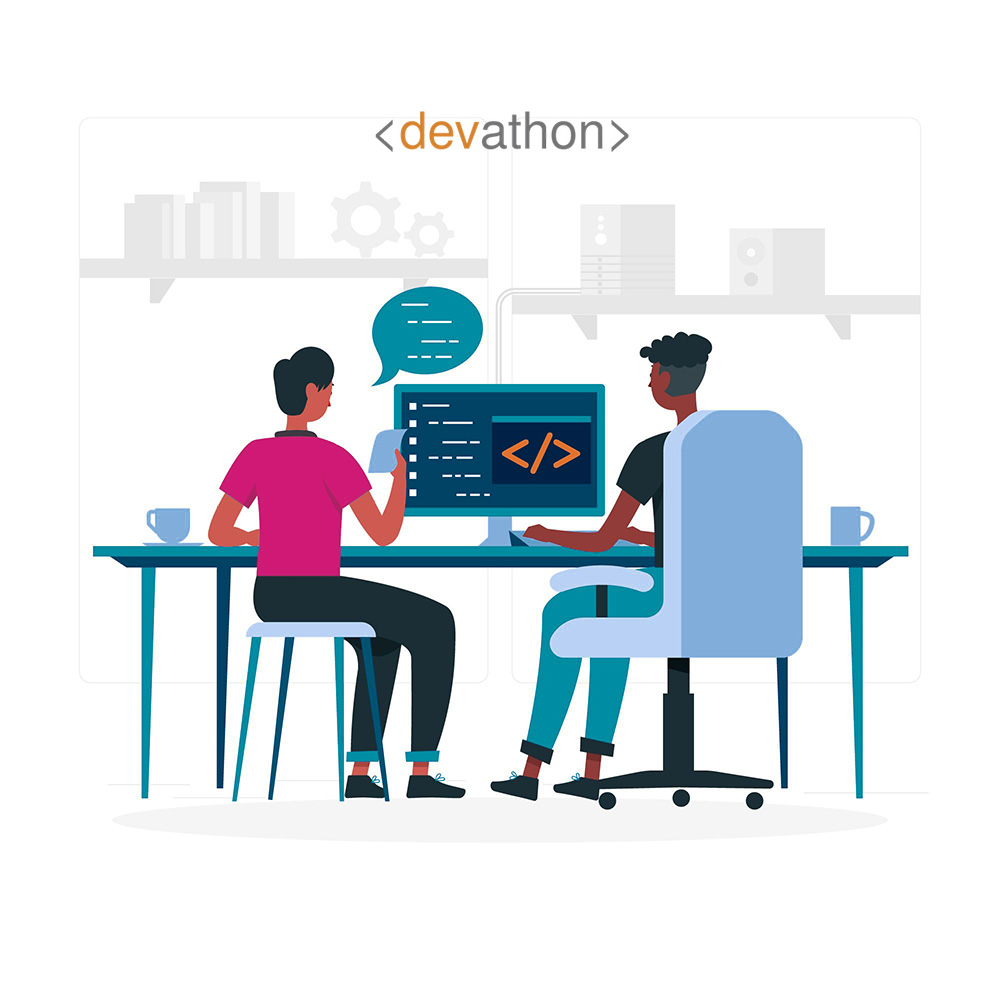Mythbusters? Question Everything In Entrepreneurship
By blindly following belief systems about entrepreneurship, I set myself up for failure. Here are three anecdotes to convince you to question “trendy” or “entrenched” viewpoints.
I like being controversial. There is a thrill about it. I didn’t used to be that way. I grew up in Kansas and in a traditionally successful Hindu family, so “questioning” wasn’t a staple component of my upbringing. When I finally came out to the Valley, the land of the freethinking, I thought my habit of conforming would disappear. Surrounded by an avant-garde peer group I would be forced to question everything. I was mistaken.
I became immersed in the “tech” scene. Being an entrepreneur seemed easy. As long as you had a MacBook covered with stickers, wore skinny jeans and strutted Warby Parkers, you could fool anyone that you were the real deal. This false sense of belonging made it comfortable to conform. Not just to a certain cliche image, but also to a set of ubiquitous beliefs and viewpoints about entrepreneurship.
It was much later that I realized these pervasive viewpoints were not “fact”. And I should have questioned them before blindly applying them to my life. Here in lies the problem: we are too quick to agree with fad philosophies and seemingly hard and fast rules about entrepreneurship. My goal with this post is not to discern fact versus fiction, but to urge you to question every entrenched “statement of fact” in the context of your circumstance.
In order to do this, I would like to share three mythbusters. Each of these so called “facts” ended up misleading me. The opportunity cost was expensive. Although these are fallacies for me, they may ring true for you. Either way, it is critical to question our adopted tenants.
Myth #1: You have to be an engineer to be a successful founder.
My Truth: There is an overwhelming belief that coding is supreme. There are boot camps, videos from technology legends, and a $750k / engineer price tag if you get acquired for talent that enforce the message. The only problem is I prefer marketing and sales. I am better at it. Did this mean I could not be a successful founder? I used to say yes. So to supplement, I took programming courses on Udemy, SkillShare and Coursera. I invested time in becoming a subpar engineer, at the cost of mastering my passion of customer acquisition, for the dream of feeling relevant again.
Luckily, one of my non-Valley life advisers (everyone should have an advisory board for their life) stepped in and proclaimed “lean into your strengths, Shruti”. This forced me to ask, “Do I have to code to add founder level value? Or to solve a problem I care about?”
After polling 15 of my smartest engineer friends, getting some job offers and brainstorming a list of startup ideas I might want to do, the answer was a resounding “no.” I started leaning into my strengths. Now my goal is to become a world-class growth hacker and marketer. Don’t get me wrong, if it requires technical knowledge I learn it. But my reasoning has changed.
Call to Action: Question why you want to code.
Ask yourself: What skill-sets you have? Are they founder level valuable? Are you uniquely positioned to solve a problem that an engineer is not?
Myth #2: Passion matters more than money.
My Truth: I forwent investment banking to change the world. It was sexy to be an entrepreneur. This appeal lasted until I realized that my old classmates were purchasing cars, traveling the world and eating off gold plated china. Ok, that last part was an exaggeration. The immediate opportunity cost of entrepreneurship was starting to gnaw at me. Of course, I did not tell anyone. Why?
There is an entrenched belief that a “real” entrepreneur shouldn’t chase money. I was afraid I would be perceived as being outside the formulaic profile of a bootstrapping founder, and therefore not trusted. The reality was, that money mattered just as much to me as passion. Several years later I confronted this. By doing so, I changed my own strategy and my advice to fellow entrepreneurs. For example, I would never encourage a friend who cares about money to join a company as employee # 1. Why? Sizable exits for early employees are super rare, except if you are part of the next Instagram… still bitter.
Instead, I advise them to consider two options: (a) jump on a “rocket ship” like an AirBnb, or Google in 2003 or (b) be a founder, not employee #1. I recently dished this advice out to an ex-banker friend who still cares about money but was considering joining as employee #3 for a photo filtering company. If I hear one more company doing a photo filter app, I may die… Alas, I digress.
Call to Action: Ask yourself: Does money matter? Don’t feel ashamed. Just design your life accordingly.
Myth #3: Being a woman, you are at a disadvantage.
My Truth: In 2010, I distinctly remember several articles painting women entrepreneurs as victims in an unjust Valley. Although, I had never really experienced any sort of injustice, I took it as fact. Everyone was saying I was disadvantaged, so I went with it. It was easier to pin my lack of success on being a woman than a business shortcoming. Unfortunately, it made me defensive. Which resulted in ignoring valuable business feedback. This changed for me at a MobileBeat conference the year after.
Me and my female co-founder were lobby-conning (the art of not paying for a ticket, but sitting outside of a conference), when a prominent angel investor pushed through a sea of geeky, white males to come talk to us. After he left, a male friend leaned in and said “you guys are lucky, you are different.” It stuck.
Up until that point, I never asked the question “what can I accomplish as a women that my male counterparts may struggle with?” As soon as I posed that question, I felt empowered. Obstacles like raising financing or developing a killer team seemed easier because I no longer approached them with my fists up. Disclaimer: Gender inequality still exists in the workplace. This is not the point. Rather, if you stop succumbing to disadvantages, your outcomes may change.
Call to Action: Write down why you think you’re disadvantaged as a woman. Brainstorm three ways this could be in turned into a possible advantage.
By blindly following belief systems about entrepreneurship, I set myself up for failure. I hope these three anecdotes have convinced you to question “trendy” or “entrenched” viewpoints. After all, there is no Holy Grail about entrepreneurship and your experience with it. Some philosophies will ring true, others will not.
My trick: If more than five people have the same perspective, take a step back and question it. It is OK to be controversial; at the very least your life will become more interesting. As for me, I could care less about being an engineer. I want money. And being female rocks. Boom slam.
Published originally at women 2.0




